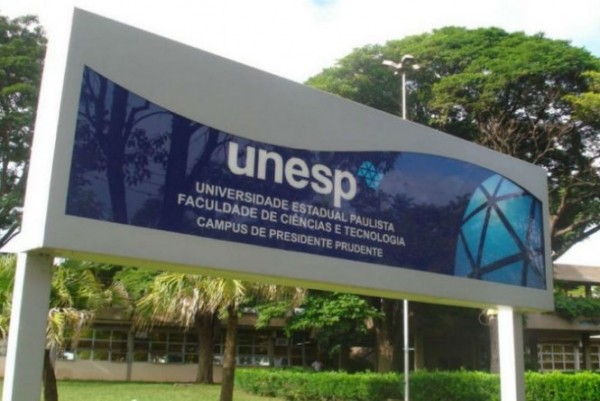
In this way, the NCC joins a select group of high-level institutions, which includes ETH Zürich, Lawrence Berkeley National Laboratory, Stanford and Wisconsin Universities, Georgia Institute of Technology, Texas Advanced Computing Center (TACC), Universities of Bristol and Edinburgh, among others. IPCCs are focused on developing and improving software to increase parallelism and scalability of high-performance applications through parallel programming and optimization techniques that seek to make the most of the capabilities of new processors and accelerators with many processing cores.
“Intel has always invested heavily in advancing education and research, and in the case of the IPCC, having a Brazilian university on this select list of institutions around the world shows the importance of Brazil to the innovation and technology scenario”, highlights Rodrigo Tamellini, Product manager for tablets and smartphones at Intel. “It is the opportunity to develop cutting-edge work that should certainly generate excellent results for students, professors and the Brazilian industry”, he concludes.
For Intel, recent innovations in massively parallel computing, involving systems with multicore, are opening up new opportunities for high-performance processing in various areas of knowledge. At the same time, the growing demand for scientific computing requires the increasingly efficient use of a large number of processing cores, through parallelization techniques. Applications must be developed or adapted so that it becomes possible to fully exploit the performance of these new systems. By encouraging the advancement of parallelism, IPCCs seek to accelerate discoveries in different areas of scientific research.
"Unesp is proud to be recognized as a Intel Parallel Computing Center and we hope that this is just the first step in creating a research institute for innovation in association with the private sector. An institute that translates, in partnership with other research organizations, the scientific knowledge achieved in basic research into innovative practical applications”, said Professor Sérgio Novaes, Scientific Director of the NCC/Unesp. Novaes adds that: “the historical prejudice of the Brazilian academic environment in relation to the possible harmonious and constructive relationship between the university and the industrial sector needs to be broken to leverage the social well-being and socioeconomic progress of the country.”
NCC/Unesp research work plan
The partnership between Unesp and Intel will direct its efforts in research and development seeking to transform a software tool widely used in different areas, Geant4, in order to adapt it to modern computing architectures.
The performance improvement plan proposed by Unesp within the IPCC program includes the development of tools and metrics necessary to evaluate the performance of multitasking Geant4 applications running on systems with Intel Xeon Phi coprocessors. The researchers should also work on developing new strategies and algorithms to allow Geant4 to make efficient use of multiple threads computational.
Another activity foreseen in the work plan is the analysis of the performance of applications based on Geant4 in the next generation of Intel coprocessors (known as "Knights Landing"), as well as the evaluation of the efforts necessary for the adoption of this new technology. The activities will be closely related to the development of Geant-V, the next generation of Geant software, which is being completely redesigned to exploit the inherent parallelism of the new hardware architectures. In the near future, the version multi-threaded of Geant4 and Geant-V should converge to a common code.












